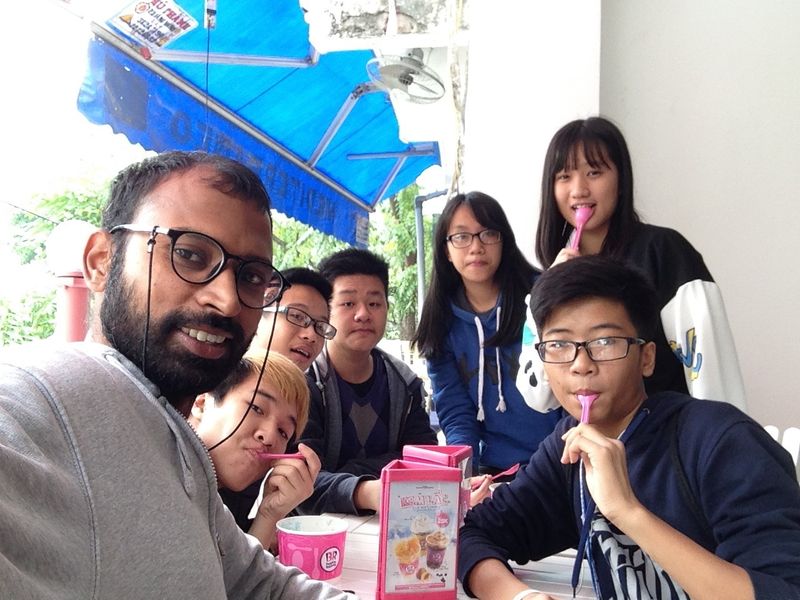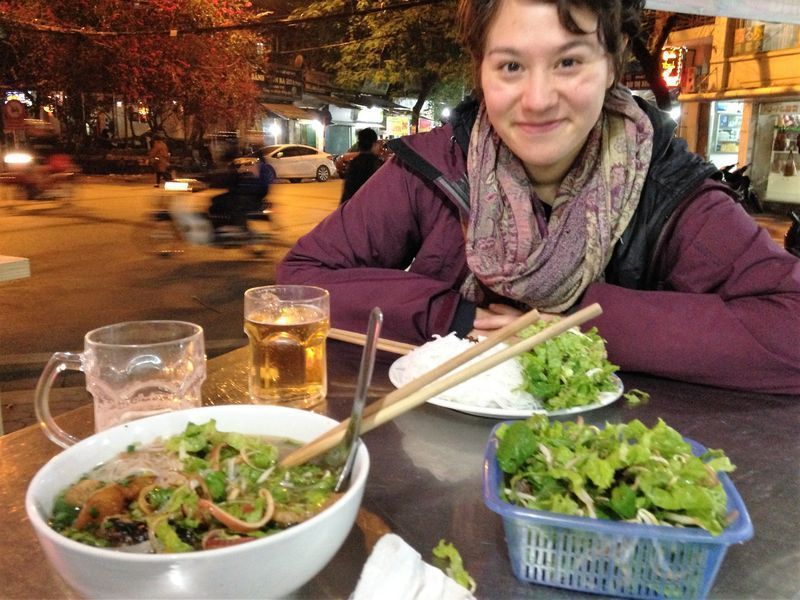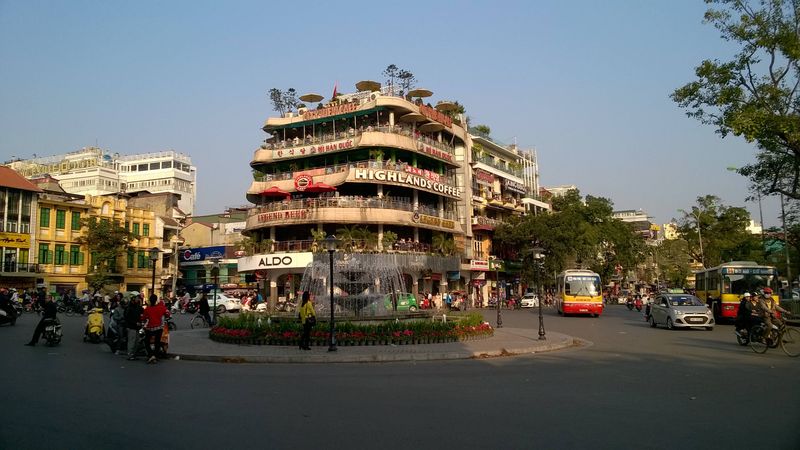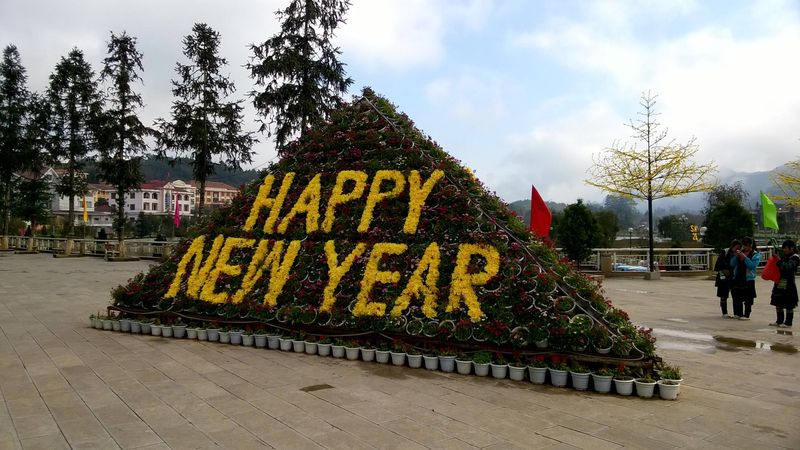TEFL advice from a Non Native English Teacher
Do you long to teach English abroad but worry that you won’t find work because you’re a non native English teacher? Well, don’t despair. I get a lot of messages from aspiring teachers who aren’t native English speakers and here’s the good news: there are non native English teacher jobs to be found in Asia. In this post, Venkat Ganesh from India shares his story about teaching in Vietnam and gives some excellent advice about how to find TEFL jobs for non native speakers. 10 January, 2017 / 21 Comments














